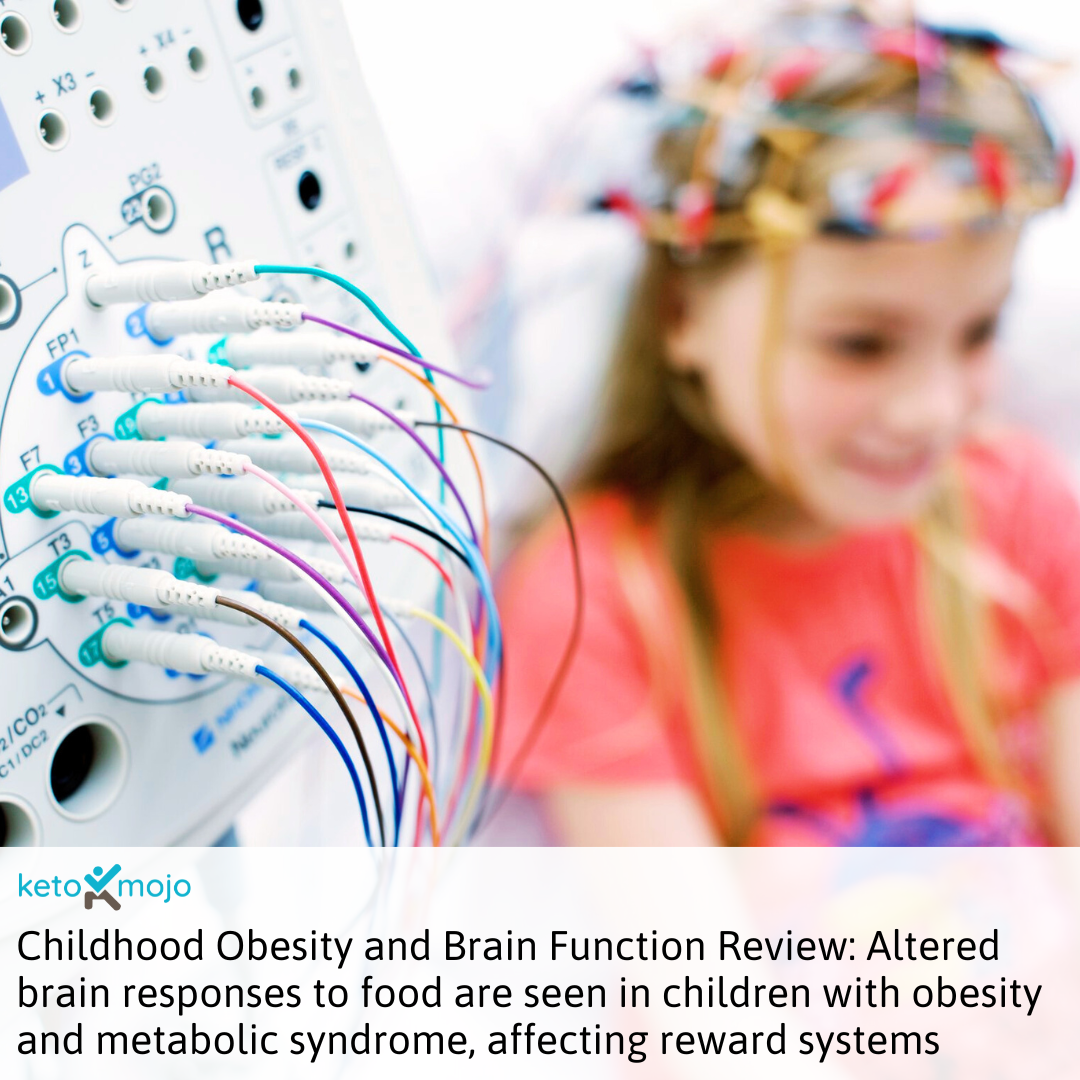Obesity
Paediatric obesity and metabolic syndrome associations with cognition and the brain in youth: Current evidence and future directions

A study by Sadler JR and colleagues in Pediatric Obesity reviews how obesity and metabolic syndrome affect children and teenagers’ brains, similar to adults. These conditions are linked to brain structure and function changes, particularly in areas that handle reward and self-control, especially around food.
Children with obesity or signs of metabolic syndrome show heightened activity in brain areas associated with food rewards but reduced response in regions responsible for self-control during food-related tasks. They also react differently to the taste of food and show altered connections between brain centers controlling rewards and those involved in self-regulation, even when they’re not focused on a task.
These brain changes might stem from inflammation, issues with blood vessels, diet effects, and how obesity influences brain development and dopamine, which is involved in reward and pleasure. The current research is mostly from small, one-time studies.
Looking forward, more detailed and well-designed studies are needed to deepen our understanding. Research on interventions will also be important to see if and how these brain and behavior changes due to obesity and metabolic syndrome in young people can be reversed or improved.





